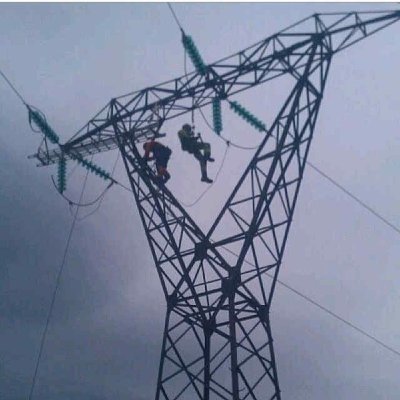Choices
Guru
- Joined
- Apr 16, 2018
- Messages
- 899
- Location
- Montgomery, Tx
- Vessel Name
- Choices
- Vessel Make
- 36 Grand Banks Europa
Well I guess the experts need to understand the big picture.
There are three grids in the US. East, West, and Texas. They do interconnect in a few places with Texas, but not for power distribution, more for monitoring.
The two federally guided grids operate at a shortage of two to three percent of demand. Texas operates usually at three percent overage.
This gives the Texas grid a lot of capacity for petrochemical plants and pumping stations to come on and off line anywhere in the state. So instead of just burning excess gas or refinery waste, it is now sold to the grid.
So we are at 103%, and we lose our wind turbines in South Texas, that is about 5%. Then Entergy, a federally guided Eastern grid utility that has operations in Texas shut down one of their plants for who knows what reason, right before the storm, with the intention of their Conroe plant picking up the load. Monday morning as gas supply dipped, the operators of the plant made a series of errors, and crashed the plant. They have done this before during a hurricane. Remember federally guided.
So now Texas is at a loss of 10% normal production, with demand going up 25% or more in less than eight hours, on a Sunday night.
There are other factors also in play, but those were the ones that started the spiral. The wires and poles were not a factor. The winterization BS is just that. The problem was human error, just like when the Eastern grid crashed in the north east.
Ercot was knocking all industrial users off line that they could. The data center behind my house handles Exxon and United, and it went to generators. That was how I found out how bad it was. You can't just turn off a cement plant, refinery, or hospital. But you can have an orderly shutdown.
Texas is mostly deregulated. So you can pay 12cents a kwh or market rate. If you were not in a fixed contract you got problems, if you are you pay a little more for your increased usage.
There will be many lawsuits over this. The biggest factor will be to keep wind as a cushion since it is not dependable.
Jerry Jones made money in gas, selling it to California. They made their problem and he profited from it. T Boone Pickens made his in oil and water and lost alot of it in wind.
The beauty of the Texas grid is that anyone can sell power to it. Homes, refineries, solar arrays, etc. But that does come at a price, which is the moron that watches CNN and Oprah is turning dials at a power plant at three in the morning.
There are three grids in the US. East, West, and Texas. They do interconnect in a few places with Texas, but not for power distribution, more for monitoring.
The two federally guided grids operate at a shortage of two to three percent of demand. Texas operates usually at three percent overage.
This gives the Texas grid a lot of capacity for petrochemical plants and pumping stations to come on and off line anywhere in the state. So instead of just burning excess gas or refinery waste, it is now sold to the grid.
So we are at 103%, and we lose our wind turbines in South Texas, that is about 5%. Then Entergy, a federally guided Eastern grid utility that has operations in Texas shut down one of their plants for who knows what reason, right before the storm, with the intention of their Conroe plant picking up the load. Monday morning as gas supply dipped, the operators of the plant made a series of errors, and crashed the plant. They have done this before during a hurricane. Remember federally guided.
So now Texas is at a loss of 10% normal production, with demand going up 25% or more in less than eight hours, on a Sunday night.
There are other factors also in play, but those were the ones that started the spiral. The wires and poles were not a factor. The winterization BS is just that. The problem was human error, just like when the Eastern grid crashed in the north east.
Ercot was knocking all industrial users off line that they could. The data center behind my house handles Exxon and United, and it went to generators. That was how I found out how bad it was. You can't just turn off a cement plant, refinery, or hospital. But you can have an orderly shutdown.
Texas is mostly deregulated. So you can pay 12cents a kwh or market rate. If you were not in a fixed contract you got problems, if you are you pay a little more for your increased usage.
There will be many lawsuits over this. The biggest factor will be to keep wind as a cushion since it is not dependable.
Jerry Jones made money in gas, selling it to California. They made their problem and he profited from it. T Boone Pickens made his in oil and water and lost alot of it in wind.
The beauty of the Texas grid is that anyone can sell power to it. Homes, refineries, solar arrays, etc. But that does come at a price, which is the moron that watches CNN and Oprah is turning dials at a power plant at three in the morning.



